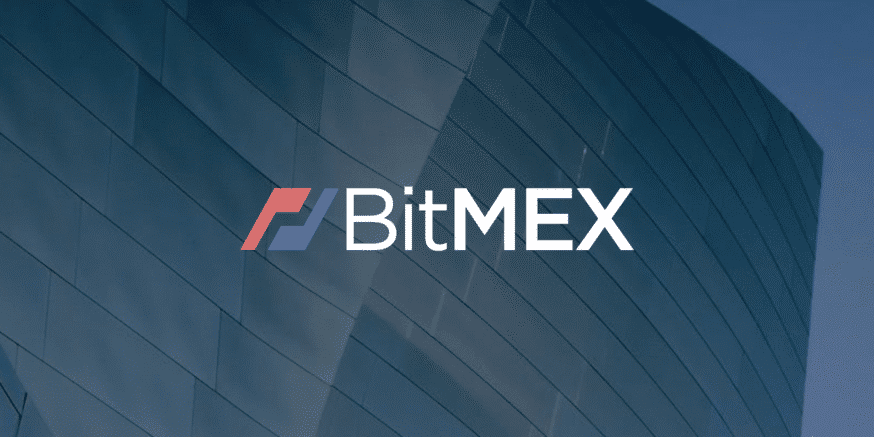HDR Global Trading Limited, the parent company of crypto derivatives exchange BitMEX, has issued a statement pledging to contest the charges brought against it by the Commodity Futures Trading Commission (CFTC). This response follows a civil enforcement action filed in the U.S. District Court for the Southern District of New York.
The CFTC has accused BitMEX and associated entities of operating an unregistered trading platform and violating several regulations, including anti-money laundering (AML) requirements.
What Are the CFTC’s Allegations?
The CFTC’s complaint includes five corporate entities and three individuals associated with BitMEX. Key figures such as Arthur Hayes, Ben Delo, and Samuel Reed, who own and operate the platform, are among those named in the lawsuit.
Key Allegations
- Unregistered Trading Platform: BitMEX allegedly failed to register with the CFTC as a designated contract market or swap execution facility.
- AML Violations: The platform did not implement mandatory compliance measures, including Know-Your-Customer (KYC) protocols and AML procedures.
- Market Impact: BitMEX facilitated cryptocurrency derivatives transactions worth trillions of dollars and received over $1 billion in fees, with significant activity originating from U.S. customers.
The entities listed in the lawsuit include:
- HDR Global Trading Limited.
- 100x Holding Limited.
- ABS Global Trading Limited.
- Shine Effort Inc Limited.
- HDR Global Services (Bermuda) Limited.
CFTC’s Regulatory Stance
Statement from Chairman Heath P. Tarbert
“Digital assets hold great promise for our derivatives markets and for our economy. To be a global leader in this space, we must eliminate illegal activity like that alleged in this case.”
Statement from Division of Enforcement Director James McDonald
“Registration requirements are the cornerstone of the regulatory framework that protects U.S. financial markets. Effective AML procedures are fundamental, whether in traditional products or in the growing digital asset market.”
The CFTC emphasized its commitment to protecting market integrity, ensuring fair competition, and enforcing compliance.
HDR Global Trading’s Response
In its statement, HDR Global Trading Limited has vowed to defend against the allegations. The company asserted its belief in adhering to regulations and its readiness to challenge the claims in court.
This marks a significant moment in the ongoing legal battle, as HDR Global Trading seeks to mitigate the impact of the lawsuit on BitMEX’s operations and reputation.
What Penalties Does the CFTC Seek?
The CFTC’s action aims to secure the following penalties:
- Disgorgement of Ill-Gotten Gains: Repayment of profits earned through alleged illegal activities.
- Civil Monetary Penalties: Financial fines for violations of the Commodity Exchange Act (CEA).
- Restitution for Customers: Compensation for users impacted by BitMEX’s actions.
- Permanent Registration and Trading Bans: Preventing the defendants from participating in U.S. financial markets.
- Permanent Injunction: Prohibiting future violations of the CEA.
BitMEX’s Legal Challenges
Criminal Charges
In addition to the CFTC lawsuit, the U.S. Attorney for the Southern District of New York has indicted Hayes, Delo, Reed, and Gregory Dwyer on charges of violating the Bank Secrecy Act (BSA) and conspiracy to violate the BSA.
Impact on BitMEX Operations
The charges could significantly disrupt BitMEX’s operations and erode user trust. The exchange faces potential bans and severe financial penalties, alongside reputational damage in the competitive cryptocurrency market.
CFTC’s Broader Goals
The enforcement action reflects the CFTC’s broader mission to:
- Protect U.S. Markets: Ensure that financial platforms adhere to established regulations.
- Promote Fair Competition: Prevent bad actors from gaining an unfair advantage over compliant exchanges.
- Enhance Consumer Protection: Safeguard market participants through mandatory compliance measures.
What This Means for the Crypto Industry
The lawsuit against BitMEX serves as a cautionary tale for other cryptocurrency exchanges and platforms operating in the U.S. market. Regulatory compliance is no longer optional, and failure to adhere to the rules can result in severe consequences.
Key Lessons for the Industry
- Platforms must register with the CFTC if they offer derivatives or leveraged trading products.
- AML and KYC protocols are essential to preventing financial crimes.
- Transparency and regulatory alignment are crucial for building trust with users and authorities.
Conclusion
The CFTC’s case against BitMEX and the subsequent response from HDR Global Trading Limited highlight the growing regulatory scrutiny in the cryptocurrency industry. As digital assets gain mainstream traction, compliance with established laws will be a critical factor for long-term success.
HDR Global’s vow to fight the charges marks the beginning of what could be a landmark legal battle with far-reaching implications for the crypto ecosystem. For traders, investors, and platforms, the case serves as a reminder of the importance of due diligence, compliance, and transparency in navigating this dynamic and evolving market.
To learn more about the innovative startups shaping the future of the crypto industry, explore our article on latest news, where we delve into the most promising ventures and their potential to disrupt traditional industries.
Disclaimer: The information provided is not trading advice, Bitcoinworld.co.in holds no liability for any investments made based on the information provided on this page. We strongly recommend independent research and/or consultation with a qualified professional before making any investment decisions.




